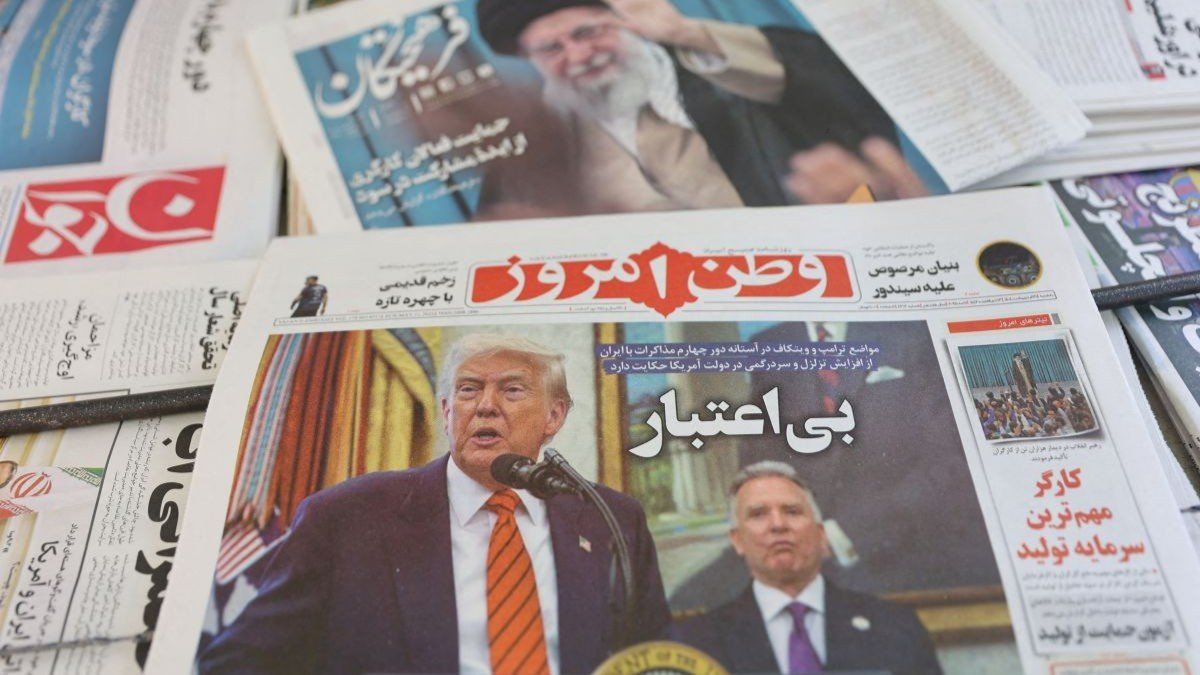US and Iran edge toward “mini-deal” on nukes
US President Donald Trump said Thursday that the US and Iran have “sort of” agreed on terms for a nuclear deal, one day after a top Iranian adviser said Tehran is willing to eliminate weapons-grade uranium, limit enrichment, and allow international inspections — if sanctions are lifted immediately. But dismantling their nuclear program or ability to enrich uranium, as per the Iran nuclear deal negotiated in 2015, is off the table.
“While a full-scale deal like the [2015 deal] appears unlikely, both sides are showing interest in a limited ‘mini-deal’ that reduces tensions and creates more space for diplomacy,” says Eurasia Group Iran expert Gregory Brew. “A win for Trump and for his new friends in the Gulf.”
Election extravaganza: Big weekend for Europe
There will be a trio of elections on the continent this Sunday. Here’s a quick roundup of who’s voting and where.
Poland: The first round of the presidential election takes place this weekend, pitting Warsaw Mayor Rafał Trzaskowski, a centrist, against the right-wing Law and Justice leader Karol Nawrocki. The election will be a harbinger of Poland’s alignment with the European Union at a vital time for the bloc. Polls have Trzaskowski ahead, but well short of 50%, which means there will likely be a runoff between the two front-runners on June 1.
Portugal: The Iberian nation is holding its third election in as many years, leaving some of the electorate fed up with its stagnant government. Polls suggest the situation isn’t about to get better: Prime Minister Luis Montenegro’s center-right Democratic Alliance is ahead but doesn’t have enough support to gain a working majority.
Romania: Of all the elections this weekend, it’s the one in Bucharest that is garnering the most attention, after the Romanian Constitutional Court barred nationalist candidate Călin Georgescu from running over allegations of Russian meddling. George Simion has filled Georgescu’s shoes and will seek to triumph over the pro-EU candidate Nicusor Dan. With polls tied, the race is on a knife-edge.
Europe’s glitter-soaked, pyrotechnic-powered music competition fever dream — otherwise known as the Eurovision Song Contest — takes place Saturday at 9 p.m. CET (3 p.m. ET). It’s part talent show, part geopolitical popularity contest, and fully unhinged fun.
Unlike in the past two years, politics is taking a relative back seat this time around. However, there are
two diss tracks. Sweden’s “
Bara Bada Bastu” — the odds-on favorite — roasts Finland’s love of saunas, while Estonia’s viral “
Espresso Macchiato” mocks Italian language and American work culture. Mamma mia!
